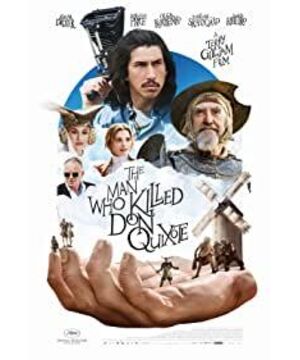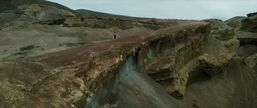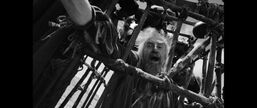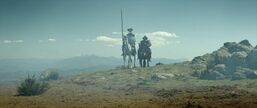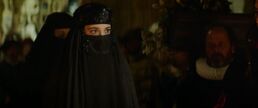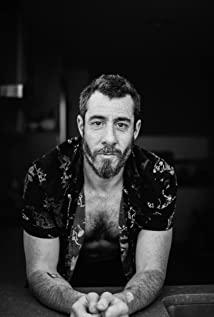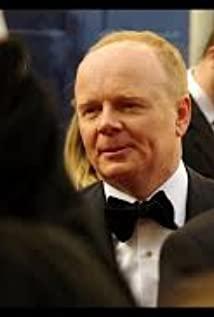If there is a source for the magical realism literature in Latin America, then I think it must be Cervantes’ "Don Quixote": an old man regaining the so-called chivalry spirit when he was forgotten, bringing the old horse and the farmer Sang Qiu embarked on the road of roaming knights, attacking the windmill as a giant, paying tribute to the peasant woman, and taking the coarse tea and light meal as a feast...The author's Don Quixote seems to have brought a special filter and lived on himself In my imagination, this can be said to be the embryonic form of magical realism to some extent. The film "Who Killed Don Quixote" can be described as a more or less magical realism in the shooting technique. When the old shoemaker played Don Quixote in the graduation work filmed by the college student director, he was like a demon. Usually fell into the role of Don Quixote, wandering around on an old horse in ragged armor, until he met the student ten years later, but after a series of cruel farce, the old shoemaker realized his identity before he died. , Reading his real name and slowly died... The student director took over Don Quixote’s sword and rode on his old horse. In a trance, he saw the giant in the sand. From then on, he became the next one. Think of yourself as Don Quixote.
The movie was very amazing at the beginning. The performance of the old shoemaker Don Quixote was excellent, portraying an old man who was too deep into the play. However, the plot behind it was a bit incomprehensible, especially the section before the old shoemaker fell. If I think it would be better to follow the rhythm of the previous hour.
Here I think of the six-year-old boy who was recently pushed to the forefront by public opinion. Once a great saint, a great saint throughout his life, Liu Ye was too deeply involved in the drama, and regarded himself as the spokesperson of Wu Chengen's "Journey to the West", especially Monkey King. However, With his superficial understanding, he may not even read the original work, and he talked about many absurd remarks such as "The Monkey King is asexual" and "Wu Chengen is the father of Eastern mythology". The filming of "Wu Chengen and Journey to the West" is even more so. He opened his mouth and played Wu Chengen like a monkey-loving lunatic rogue. All except the villain were filmed as his licking dogs in the play, which can be said to be laughable and generous. It is not good to be too deep in the play. Don Quixote is not an old shoemaker, and Zhang Jinlai is not Wu Chengen. They will all have a day of awakening.
View more about The Man Who Killed Don Quixote reviews


